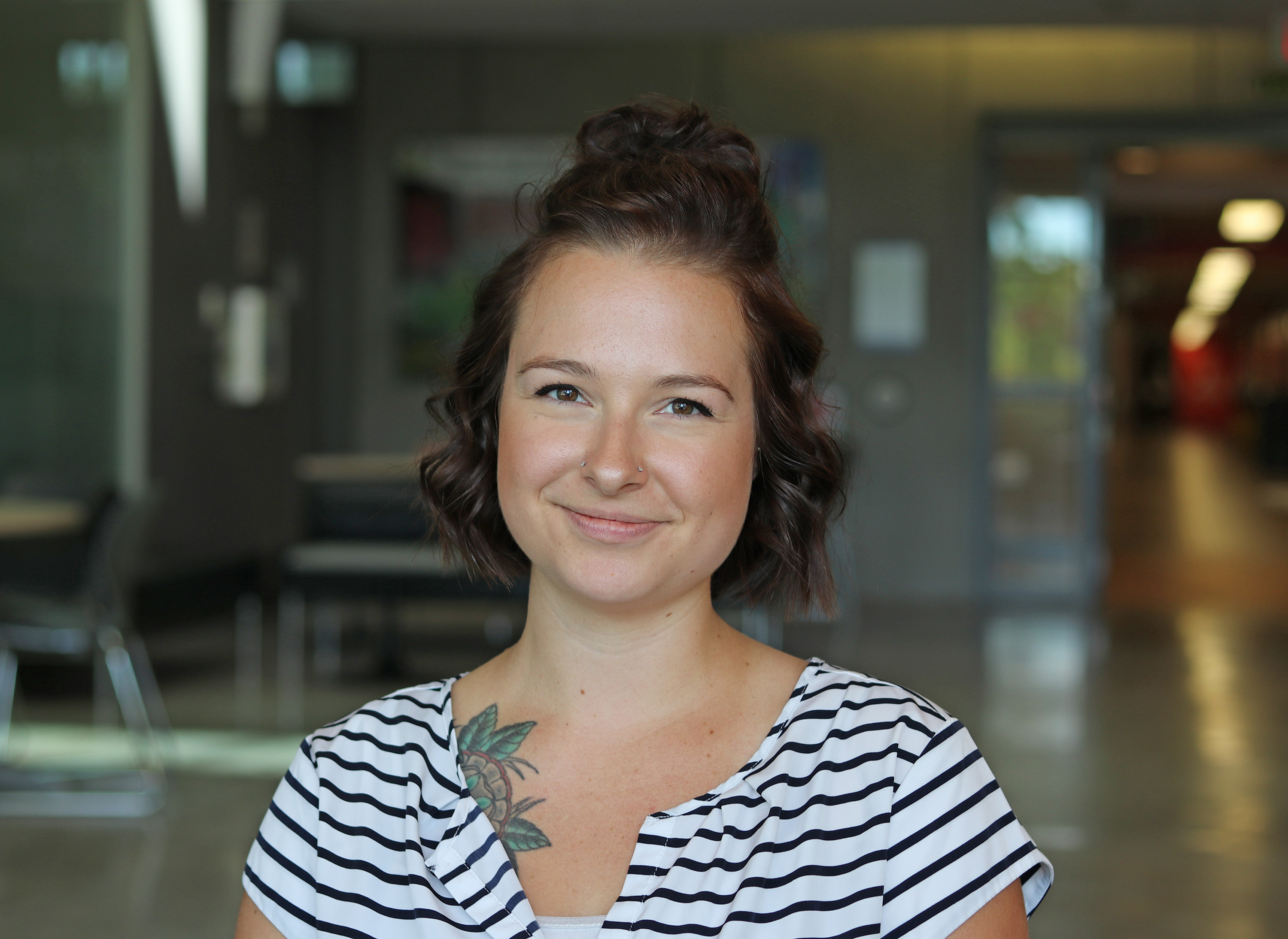Amid the excitement of class photos, extracurriculars and new supplies, the back to school season can be daunting and stressful for students who find reading and math challenging. Student volunteers and interns from the Brock Learning Lab are helping local students from Grades K-12 by offering literacy and numeracy tutoring.
“We’re assisting children and adolescents who perhaps need some support outside the classroom,” said Tiffany Gallagher, a professor in the Faculty of Education and director of the Learning Lab.
The Reading Support Program and Math Support Program offer one-on-one tutoring tailored to the unique needs of each student. Both programs are more affordable than other services, making them more accessible.
The programs use evidence-based strategies and instructional methods — including games, activities and technology — to reinforce literacy and numeracy skills.
“We see students leave our program with their confidence in reading, writing or math increased where they are able to implement and use the strategies they learned,” said lab supervisor and interim administrative coordinator Paul Ferrara (BSc/BEd ’16 and MEd ’18).
Tutors conduct weekly one-hour sessions for students with support from the Learning Lab. The sessions take place during afternoons or evenings for nine-week blocks during the fall and winter as well as a six-week block during the spring.
“We assist them with lesson plans,” said Gallagher of the Brock tutors. “We have resources on-site or we bring the resources to the schools. Supervisors monitor their lessons as well as the reflections on those lessons and then plan for the next day’s lesson.”

Sydney Waddell
Brock faculty and Ontario Certified Teachers who are experts in literacy and numeracy review supervise the Brock volunteers. The tutors receive training, a certificate of volunteering and the opportunity to gain teaching experience while being supported by the Learning Lab.
Sydney Waddell, a second-year Concurrent Teacher Education student, said volunteering made an impact on her as a future educator while also providing her with insight into what life at the front of the classroom is like.
“I was able to work with two very different learners, which made me more adaptable with my teaching,” said Waddell.
She said one of the best things about her volunteer experience was having the ability to connect with students.
“Working one-on-one helping students gives you the chance to learn more about yourself, different learners, how to be more responsible and become more organized,” she said.
The Learning Lab also works with graduate students looking for volunteer, internship or research opportunities.

Madeline Zoelman
For Madeline Zoelman, a Master of Education student, her interest in researching math anxiety inspired her to get involved. Her work at the Learning Lab as a tutor, and later as an intern, led her research in new directions.
“I feel like my role was so much more than just tutoring,” said Zoelman. “The most satisfying part of my experience was that lightbulb moment when you can feel the tension in the air break and they actually understand the question or task in front of them.”
Zoelman believes the Learning Lab is playing a role in shaping future community leaders.
“Although it may simply look like a mastery of multiplication, for example, it actually means having the ability to develop a budget or feeling competent at a first job when you need to make a change,” she said. “That is the best way to give back to the community.”
Find out more about using the Literacy Centre’s programs and tutoring or internship opportunities by contacting the Learning Lab. The Learning Lab is located close to Brock’s St. Catharines campus in the Brock University Research and Innovation Centre (BRIC).

